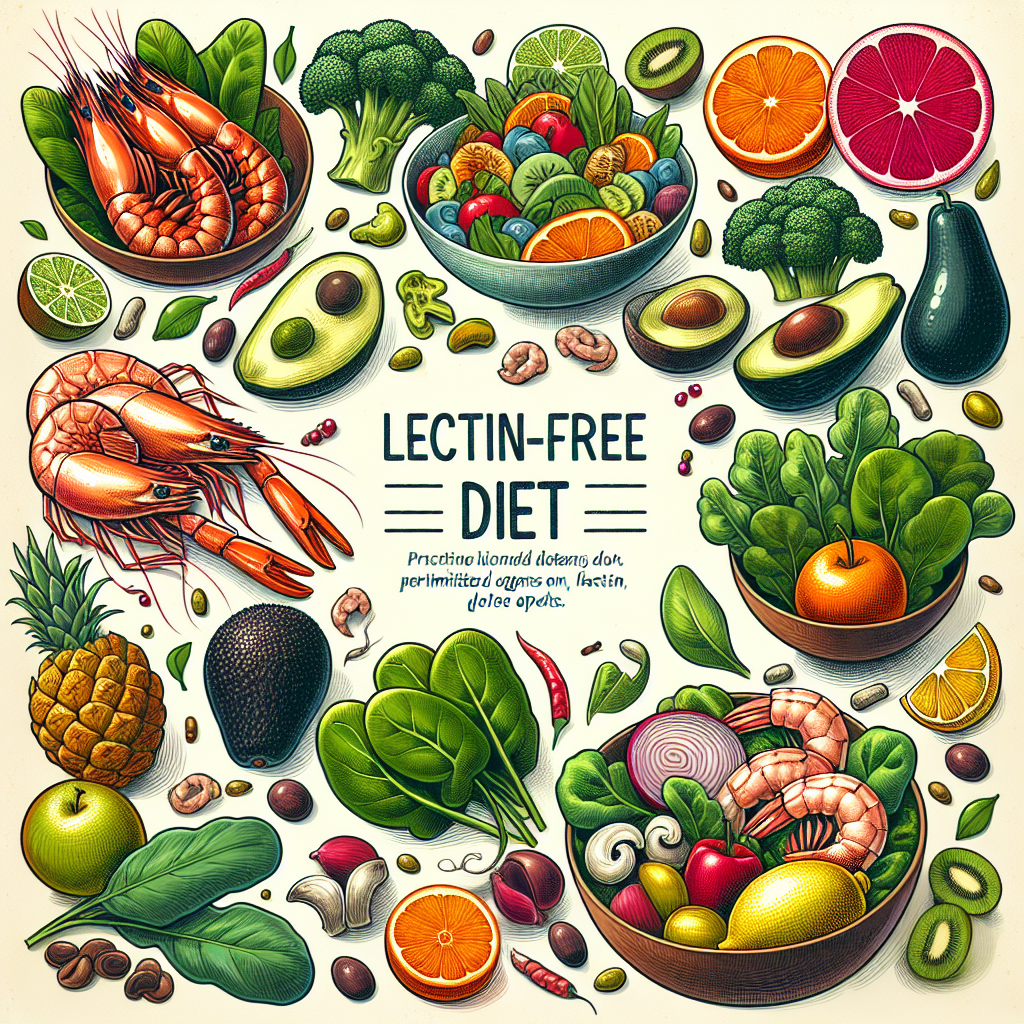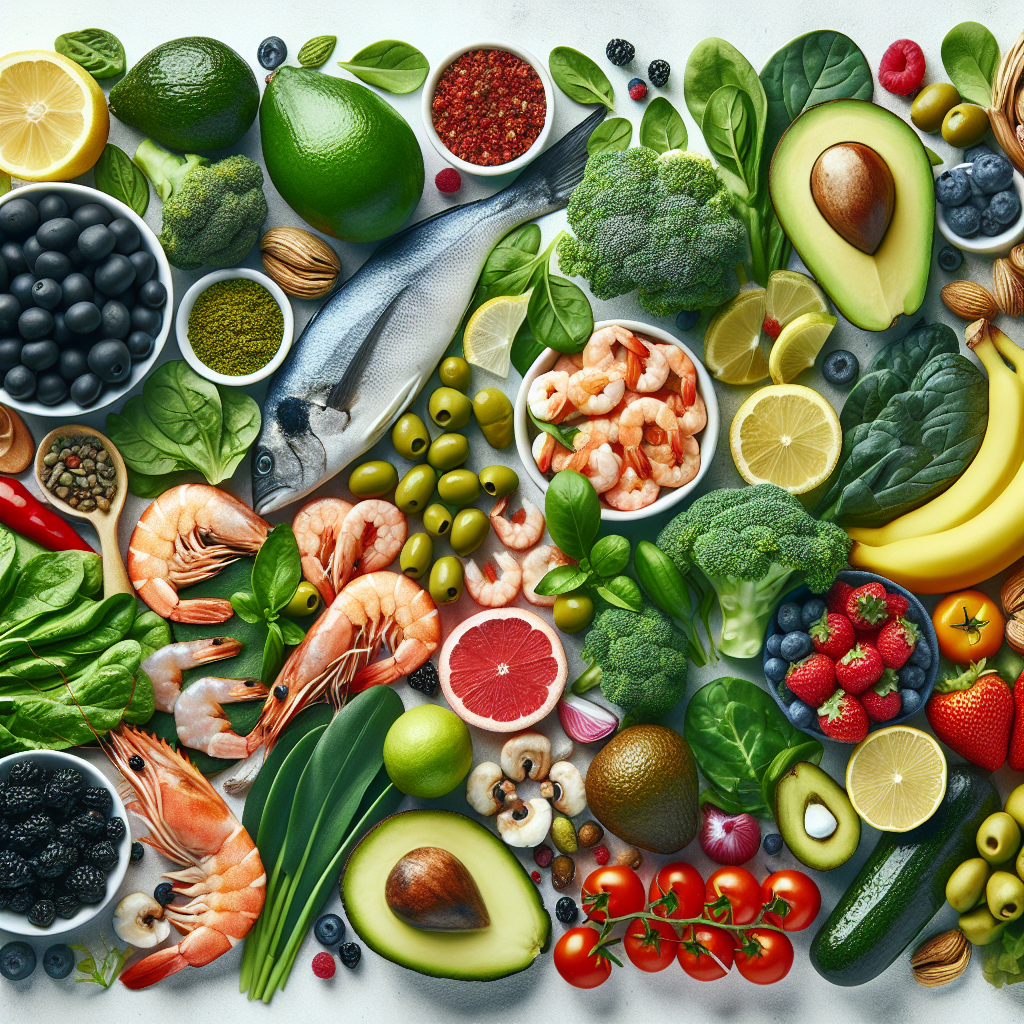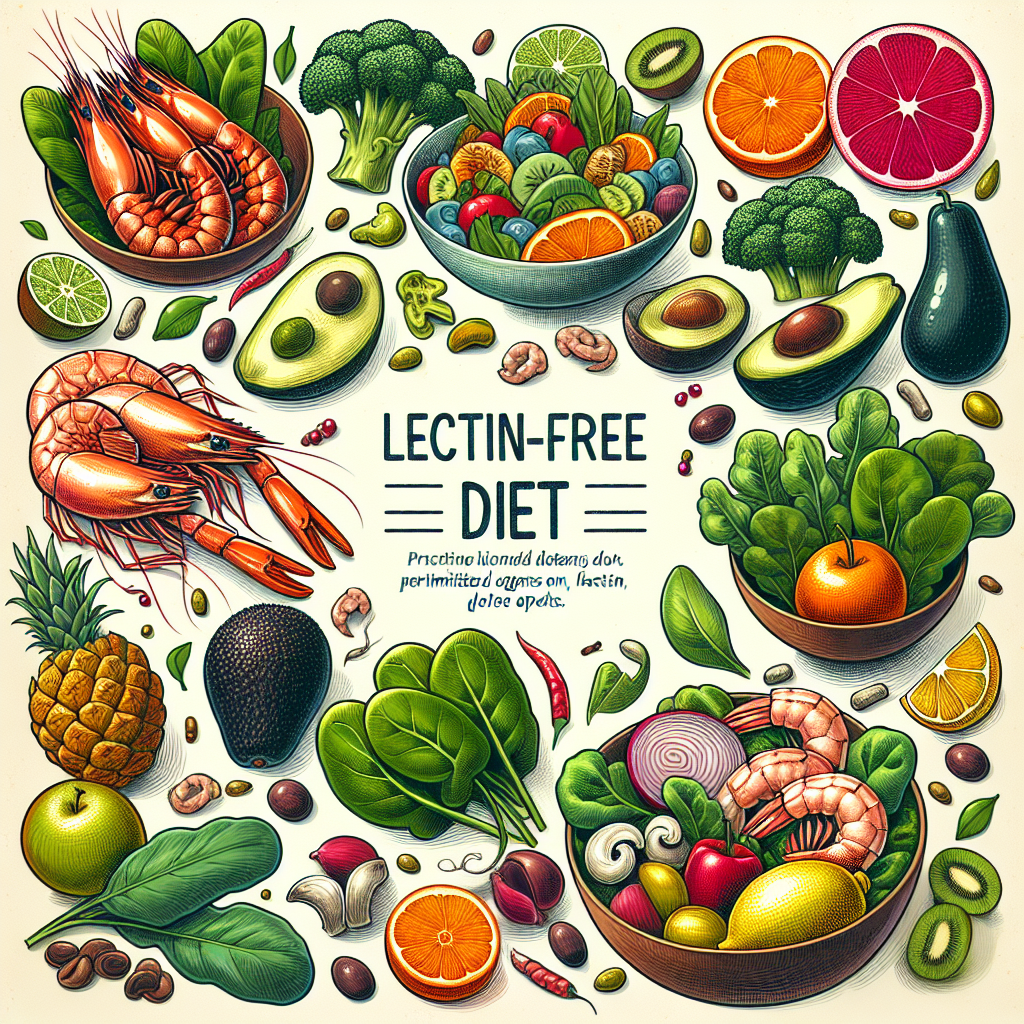You’re probably wondering how fast you can anticipate changes upon embarking on a lectin-free food journey. Well, you’re in the right place. “Expectations for Results on a Lectin-Free Diet” serves as a comprehensive guide aiding you in understanding potential outcomes and realistic timelines when conforming to this particular diet. Explore through this article to get the lowdown on what physical and mental transformations you could encounter and how soon they might unfold.

Expectations for Results on a Lectin-Free Diet
When you embark on a lectin-free diet, you likely have expectations about the results. Whether you hope to lose weight, reduce inflammation, or improve digestion, understanding what to realistically expect can help keep you focused and motivated on your journey.
What is a Lectin-Free Diet?
Definition and Purpose
A lectin-free diet is a way of eating that limits or eliminates foods with high concentrations of lectins. Lectins are a type of protein found in certain foods, believed to cause inflammation and other health issues when consumed in high amounts.
Foods to Avoid
In a typical lectin-free diet, you need to steer clear of grains, legumes, nightshade vegetables, out-of-season fruits, and conventionally raised meats and dairy products as these are high-lectin foods.
Foods to Include
While it might feel like there’s a lot you can’t eat on a lectin-free diet, fear not. There are plenty of lectin-low or lectin-free foods you can enjoy. Fresh vegetables, in-season fruits, pasture-raised meats, A2 dairy, and olive oil are a few examples.
Possible Challenges
You might face challenges when shifting to a lectin-free diet, especially if your previous eating habits heavily relied on high-lectin foods. You may initially experience cravings or feel limited in your food choices. The difficulty might also be finding lectin-free alternatives that meet your dietary needs.
Understanding Lectins
Definition of Lectins
Lectins are a large class of proteins that, in nature, are used as defenses in plants. In the human body, they attach to cells and may cause a variety of problems including inflammation and weight gain.
Types of Lectins
There are many types of lectins, but only a few concern us in our dietary conversations. The key ones include grain lectins, legume lectins, and nightshade lectins.
Role of Lectins in the Body
Lectins bind to sugars and proteins in your cells, potentially causing damage and setting off an immune response.
Controversial Aspects
Lectin-free diets have sparked debate in the health and nutrition community. Critics argue that many high-lectin foods are otherwise healthy and packed with nutrients, suggesting that benefits from eliminating these might not outweigh potential nutrient losses.
Benefits of a Lectin-Free Diet
Reduced Inflammation
One of the top benefits of a lectin-free diet is reduced inflammation. Because lectins can trigger an immune response, removing them from your diet may help alleviate symptoms of chronic inflammation.
Improved Digestion
Eliminating high-lectin foods may improve your digestion. Lectins can damage the gut lining, leading to various digestive issues.
Enhanced Nutrient Absorption
A healthy gut lining increases your ability to absorb nutrients, giving your body access to more of the nutrition in the food you eat.
Potential Weight Loss
Some people report weight loss when adopting a lectin-free diet. While the reasons for this are not well understood, it may be due to reduced inflammation and improved gut health.
Balanced Blood Sugar Levels
Eliminating or reducing high-lectin foods, many of which are high in carbohydrates, may help balance blood sugar levels.
Better Overall Health
With potential benefits ranging from improved digestion to balanced blood sugar levels, it’s not surprising that many people report better overall health after switching to a lectin-free diet.

Factors Affecting Results
Individual Variations
We all have different bodies, and our bodies react differently to changes in diet. While some might see results quickly, others might need more time.
Existing Health Conditions
Those with existing health issues related to inflammation or gut health may see the most significant results on a lectin-free diet.
Compliance with the Diet
Like any diet, the results with a lectin-free plan are heavily determined by how well you comply. Complete dedication tends to yield the best results.
Exercise and Physical Activity
Take note that diet is just one aspect of health. Coupling your lectin-free diet with regular physical activity can enhance the results.
Stress Levels
Stress can negatively impact your health, including factors like digestion and inflammation. Managing stress can lead to better results on any diet plan.
Timeframe for Results
Short-Term Effects
Within a few days or weeks of starting a lectin-free diet, you may experience changes in energy levels, digestion, and even skin health.
Long-Term Effects
Over the long term, you may notice significant changes in your general well-being such as reduced inflammation, optimized digestive function, and weight management.
Individual Variations
Again, remember that everybody is different. Listen to your own body when expecting results.
Short-Term Effects
Immediate Changes
Just as with starting any new diet, you may experience immediate changes including food cravings or withdrawal symptoms, which should fade as your body adjusts.
Gut Health Improvement
Expect improved digestion as one of the first noticeable benefits of a lectin-free diet.
Energy Levels
With better nutrient absorption, you might see a boost in your energy levels.
Skin Health
Improved gut health often correlates with healthier skin, so don’t be surprised if your complexion improves.
Digestive Symptoms
Any ongoing digestive symptoms like bloating or stomach pain might start to alleviate.
Weight Fluctuations
Initial weight changes are possible but may be due to water weight transitions, not fat loss.
Long-Term Effects
Gradual Improvements
As you stick to the lectin-free diet, you should see gradual improvements in your overall health over time.
Reduced Inflammation
Long-term adherence to the diet can help in reducing chronic inflammation in your body.
Optimized Digestive Function
Number and quality of bowel movements, less gas, and less belly pain or discomfort are few of the effects of long-term adherence to this diet.
Weight Management
You may start to lose weight and, more importantly, have an easier time maintaining a healthy weight.
Disease Prevention
Reduced chronic inflammation can reduce the risk of numerous chronic diseases from heart disease to cancer.
Weight Management
Potential Weight Loss
With potential improved gut health and reduced inflammation, you might experience weight loss.
Maintenance of Healthy Weight
Once initial weight loss has occurred, a lectin-free diet can help you maintain a healthy weight.
Digestive Health
Expect improvements in your digestion. A reduction in discomfort and regular bowel movement are signs of better digestive health.
Inflammation and Immune System
A reduction in chronic inflammation can have a significant impact on your immune system, potentially reducing the risk of many chronic diseases.
Mental and Cognitive Function
Improved Mental Clarity
With better nutrient absorption and balanced blood sugar levels, you might experience a clearer mind.
Enhanced Brain Function
A reduction in inflammation may lead to improved brain function, as inflammation is a known contributing factor to cognitive decline.
Reduced Brain Fog
With improved gut health and reduced inflammation, a common benefit many individuals notice is a reduction in brain fog.
In conclusion, the results of a lectin-free diet will vary based on a myriad of factors. While it is difficult to provide an exact timeline on when to expect results, many people start seeing changes within a few weeks. Be mindful and patient with your body as you embark on your lectin-free diet journey!
